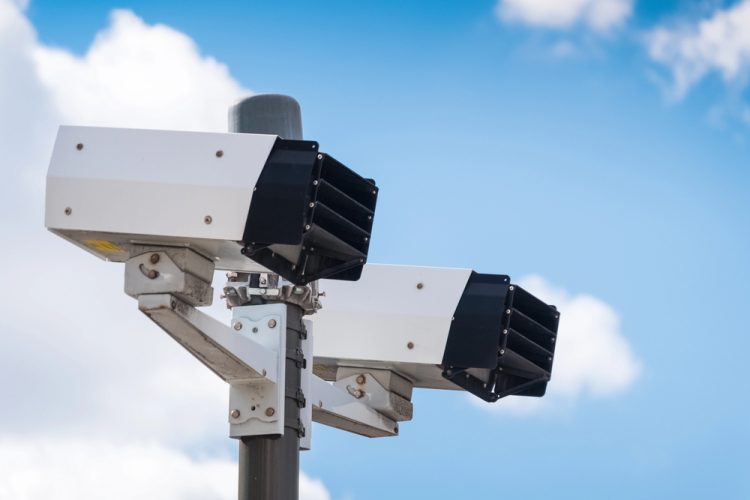Denver Debates the Future of License Plate Readers Amid Privacy Concerns
Denver’s automated license plate readers (LPRs) are at the center of a growing citywide debate, balancing crime-fighting technology with civil liberties. After the Denver City Council unanimously voted to reject a $666,000 contract renewal with Flock Group Inc.—the company behind the city’s LPR network—concerns about surveillance, data sharing, and government overreach are being weighed against public safety benefits.
The cameras, installed at 111 intersections since 2024, capture over two million images a month and have reportedly helped solve nine homicides, 19 gun crimes, and recover 180 stolen vehicles. According to the Denver Police Department, auto theft dropped 40% last year in part due to the LPR system.
“It’s one of the best tools—if not the best—we’ve had in a long time,” said a veteran officer, speaking anonymously due to department policy.
But critics say the data-sharing structure, which includes access for over 80 agencies and four FBI agents in Colorado, creates potential for misuse. Councilmember Sarah Parady, who led the opposition, compared the system to mass surveillance. “If we simply attached GPS devices to every Denverite, we would solve most crimes—but we don’t, because we have constitutional rights,” she said.
Privacy advocates, including the ACLU of Colorado, echoed those concerns. “Surveillance tools like these demand serious scrutiny,” said Jen Samano, ACLU Colorado’s Director of Advocacy. “It’s not just about solving crimes—it’s about how we do it.”
Some council members also raised fears that LPR data could be used by federal agents to track undocumented immigrants, though Mayor Mike Johnston said there is no evidence of misuse. Still, he urged caution and voted against renewing the contract to allow further review.
“We want to keep the streets safe,” Johnston said. “But we also want to protect people’s privacy.”
In the meantime, the city has approved a pilot program to keep the existing LPR system in place through the end of the year while a task force studies how to better balance security and civil rights. Both supporters and skeptics agree the conversation is far from over.
“This isn’t about flashy technology,” Samano said. “It’s about respecting privacy as much as safety.”












